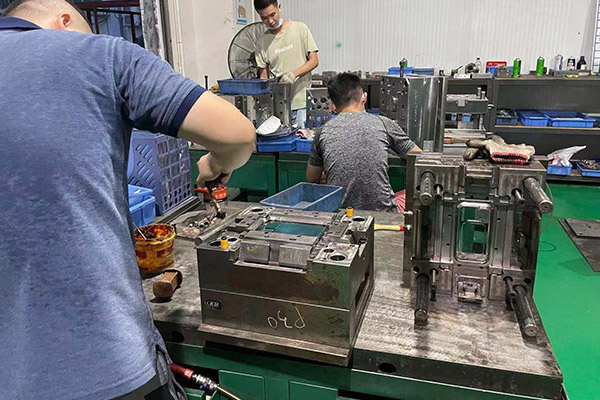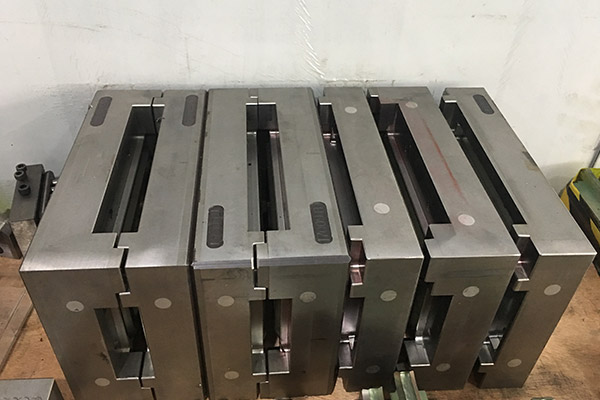
Choose the right mold material?
In the production process of plastic parts, the choice of mold materials has a decisive impact on product quality, cost control and production efficiency. The right materials not only ensure component specifications and performance, but also enhance customer satisfaction. The following is an in-depth analysis of the selection of mold materials by Pinbo senior mold development engineers.

Mold Material Overview
In plastic mold manufacturing, the selection of materials involves a variety of factors, including production volume, design complexity, and component performance requirements. The following are several commonly used mold materials:
1. Steel : As a durable and high temperature and pressure resistant material, steel is suitable for mass production and complex molds. Although the initial investment is high, the long-term cost-effectiveness is significant.
2. Aluminum alloy : Compared with steel, aluminum alloy is lighter and more economical, suitable for small batch production and simple mold. Its fast processing and cooling characteristics help shorten the production cycle.
3. Beryllium Copper : This non-ferrous metal is preferred for its high thermal conductivity and is suitable for molds that require rapid cooling while providing excellent surface finish.
4. Plastic materials : such as polyformaldehyde, nylon or polycarbonate, etc., suitable for small batch or complex shape molds, lower cost, but the durability may not be as good as metal molds.
5. Composite materials : such as glass fiber or carbon fiber, for large or complex molds requiring high strength and stiffness.

Considerations in choosing mold materials
Choosing the right mold material requires a comprehensive consideration of the following factors:
1. Production capacity : Mass production tends to choose durable materials such as steel to withstand repeated use.
2. Design complexity : Complex designs may require durable materials such as steel or aluminum to maintain the long-term shape and accuracy of the mold.
3. Component performance requirements : Parts requiring high precision or tight tolerances may require durable materials to maintain long-term accuracy of the mold.
4. Cost : Durable materials such as steel, although the initial cost is high, may be more economical in the long run. For small batches or simple molds, aluminum or plastic may be a more economical choice.
5. Surface finish : Some materials such as beryllium copper or plastic provide excellent surface finish, while other materials may require additional processing to meet requirements.
At Pinbo, we understand the importance of mold material selection for product quality. Our engineering team will choose the most suitable mold material for customers according to the specific requirements of the project, considering the performance, cost and processing difficulty of the material. Through this meticulous material selection process, we ensure the high performance of the molds and the excellent quality of the plastic parts.
Recommended
- -What kind of enterprise is Pinbo Technology
2024-11-21 - -Pinbo Tech FAQ
2024-10-26 - -What is the difference between injection mold and blow mold?
2024-10-26 - -What are the key design elements for creating a rugged toolbox mold?
2024-10-26 - -What are the mold manufacturing guidelines for custom plastic products?
2024-10-26 - -Choose the right mold material?
2024-10-26 - -What is a plastic mold?
2024-10-26 - -What is injection molding?
2024-10-26 - -Analysis of key points in plastic product structure design
2023-12-22 - -Analysis of two-color injection molding and insert injection molding technology
2023-12-22

